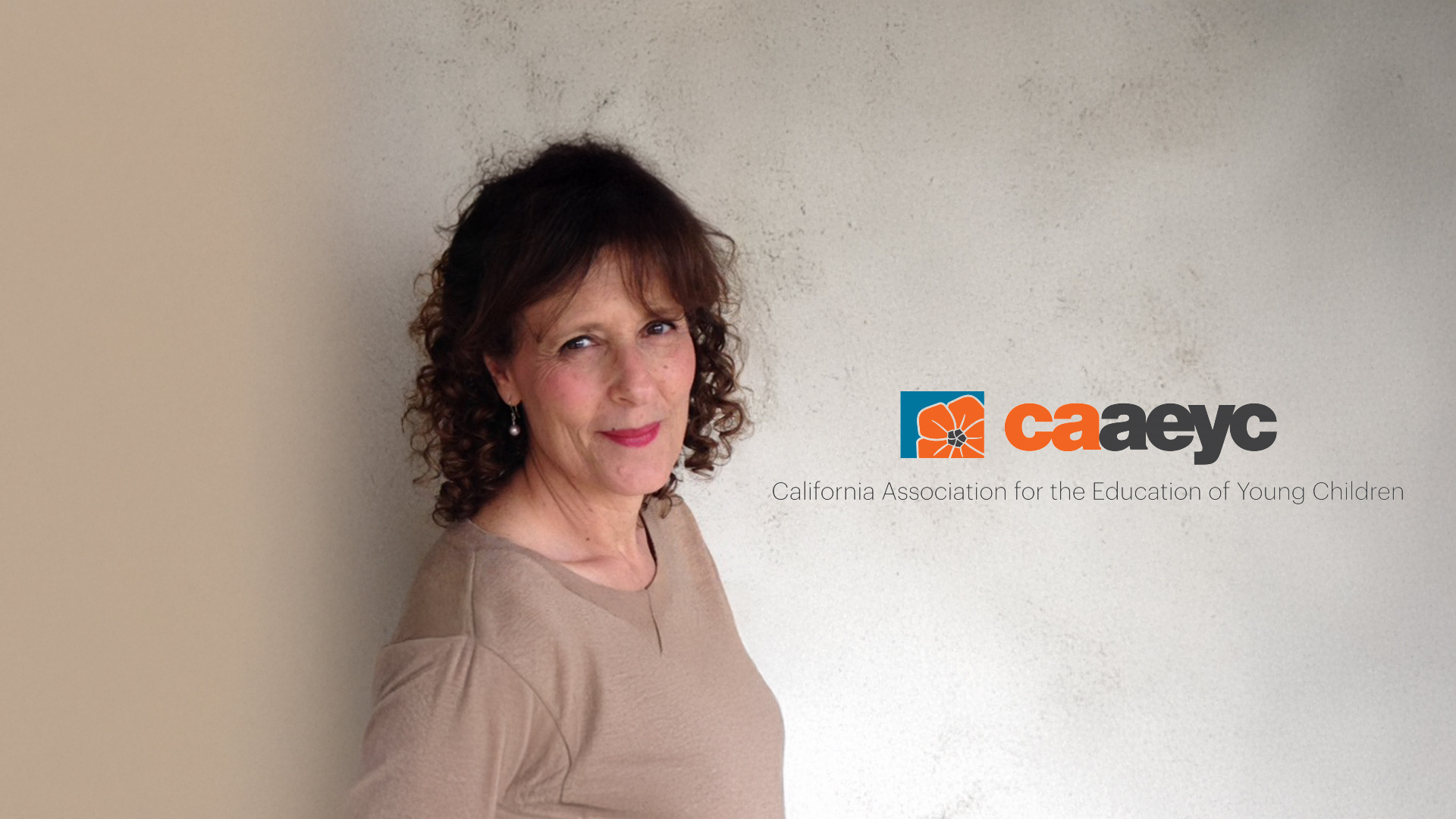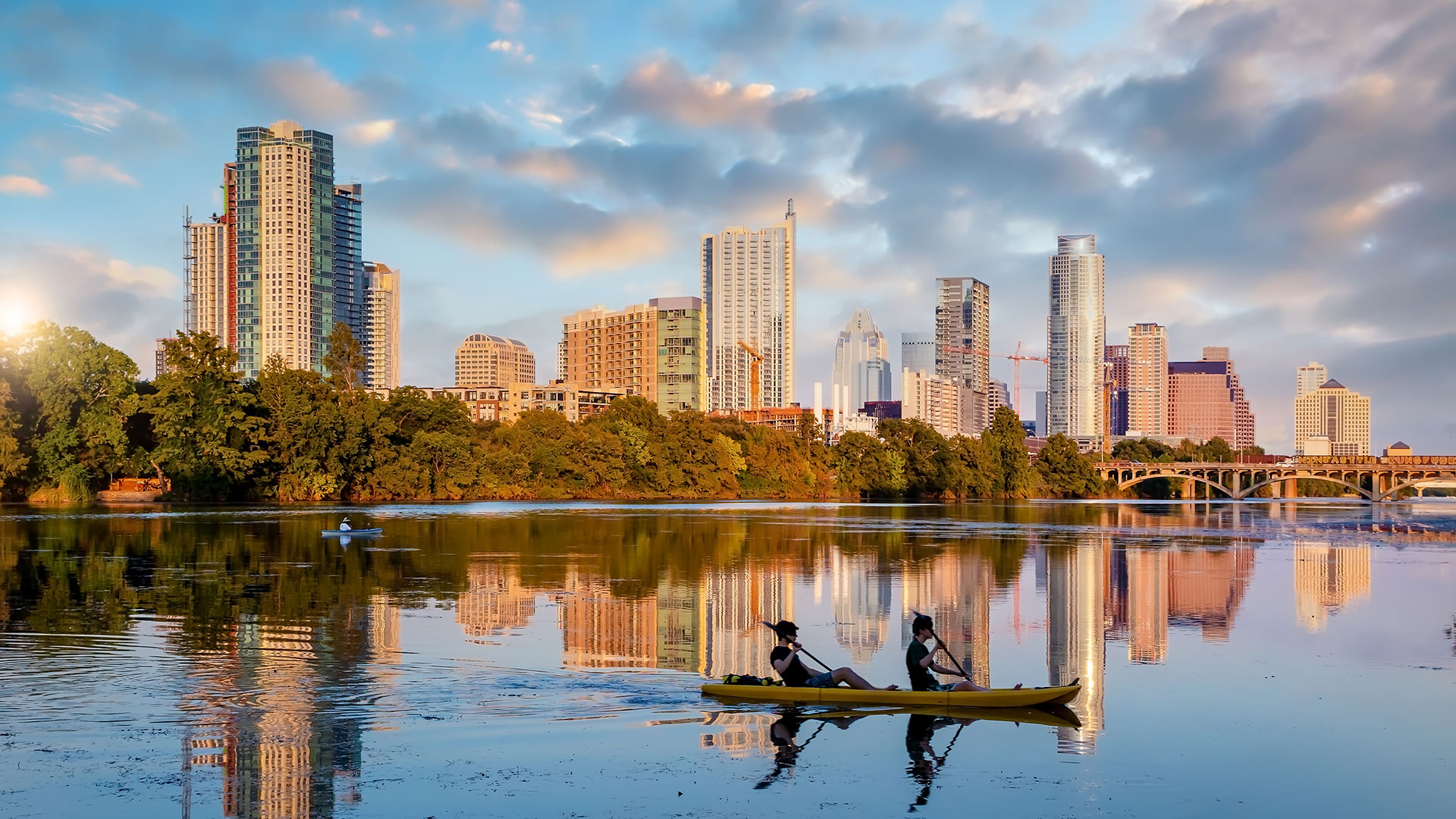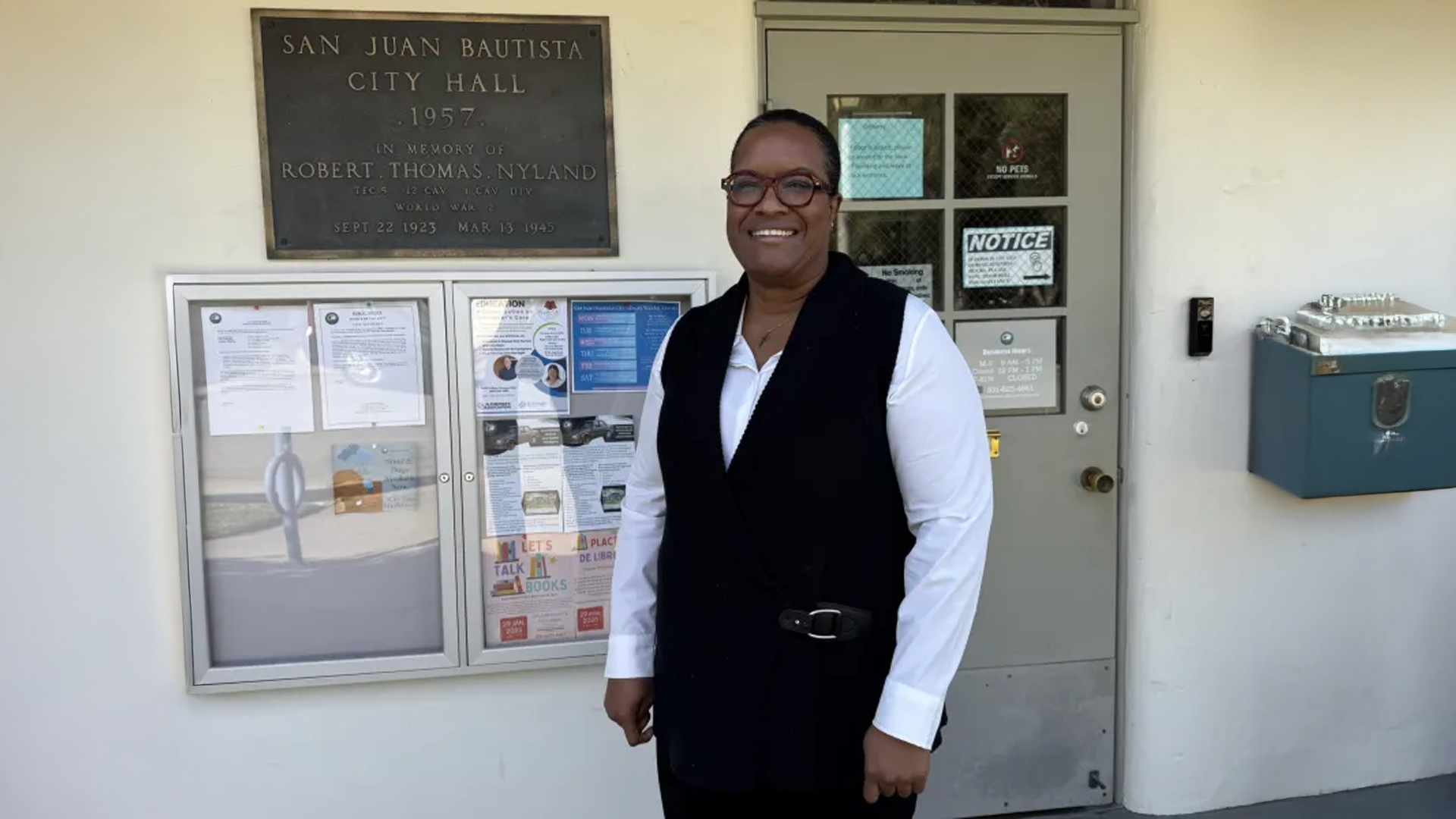Author: Katrina S. Rogers, Ph.D.
On this Indigenous Peoples’ Day, let us take this moment to reflect on the importance of Native peoples in shaping the modern understanding of democracy. The more the history and culture of the many Indigenous communities in the world are seen and acknowledged, the more it is realized the important role that Indigenous political structures played in early understandings of American democracy. In the part of the United States where I was born, much has been written about the democratic qualities of the League of the Iroquois, more properly called the Haudenosaunee Confederacy.
The Haudenosaunee Confederacy (People of the Longhouse), sometimes called the Iroquois Confederacy, was founded in 1142 with the Great Law of Peace and is recognized as the oldest living participatory democracy on earth. After a long period of conflict, five nations—the Kenienkehaka (sometimes called Mohawk), Onondaga, Cayuga, Oneida, and Seneca—held a series of meetings known as the Great Peace.
One of the key principles of this confederacy was that each nation would maintain its own leadership while addressing common issues through a Great Council of Chiefs. This council established rules that mirror those found in contemporary democracies, including a bicameral legislature and a system of checks and balances among the executive, legislative, and judicial branches. Benjamin Franklin referenced the Haudenosaunee model when presenting his Plan of Union at the Albany Congress in 1754, attended by representatives of the Mohawk, Seneca, Onondaga, Cayuga, and Oneida, as well as delegates from the seven colonies. He later invited members of the Great Council to address the Continental Congress in 1776.
In 1988, the U.S. Senate paid tribute with a resolution that noted in part, “The confederation of the original 13 colonies into one republic was influenced by the political system developed by the Iroquois Confederacy, as were many of the democratic principles which were incorporated into the constitution itself.”
As we observe Indigenous Peoples’ Day, I encourage you to consider the complex and intertwined history of our democracy. A democracy where the desire for power can never be held in the hands of just one group, or one person. Our democracy has always been in conversation with itself. We see evidence of this in the ongoing discussions about broadening, deepening, and expanding participation in our society. Imagine a political system where all individuals can benefit, regardless of their background, and where we celebrate inclusion in all its forms. In such a system, the contributions of Indigenous peoples to modern political life would be widely recognized and appreciated.
Please join me as we celebrate our Indigenous communities, both at Fielding and throughout the world for this year’s Indigenous Peoples’ Day on Oct. 14. Learning from other societies and ways of knowing is a founding principle of what it means to be dedicated to research and scholarship. This day embodies that principle and provides a space for reflective engagement. I hope you can join Fielding colleagues in two important events on October 11.
Toward a Renewed Engagement with Indigenous Thought for the 21st Century with Dr. Mathias Risse (Harvard University): 11 a.m.-12 p.m. PT | 2-3 p.m. ET
Indigenous Critical Reflections on Traditional Ecological Knowledge with Dr. Lara Jacobs (Michigan State University): 2:30-3:30 p.m. PT | 5:30-6:30 p.m. ET
To learn more about these events and to register, click here.
Sincerely,
Katrina
Katrina S. Rogers, Ph.D.
President
Fielding Graduate University
Join Over 7,500 Fielding Alumni Located Around The World!
Change the world. Start with yours.™






Get Social